
Paris (France)
The case of the Île-de-France facing a major flood of the Seine is very complex. We conducted several workshops with the same network operators and authorities to deepen the discussions and have been very pleasantly surprised to see that as of the second workshop, the operators brought additional information to better inform the interactions drawn with CIrcle. The insights were used to improve the emergency response plans for Paris in reaction of the 2018 floods.
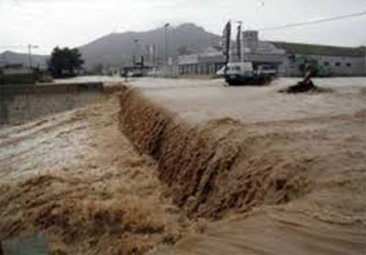
Murcia (Spain)
In this study, the vulnerability and resilience of the Murcia area was investigated. Extreme weather conditions, such as flash floods, heavily affected roads in Murcia. CIrcle helped to bring together stakeholders and experts to assess the interdependencies in critical infrastructures to better prevent unwanted cascading effects in the future.
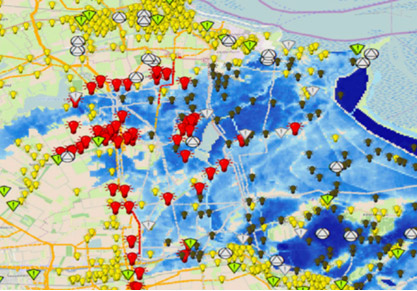
Amsterdam - Waterland (The Netherlands)
Two case studies have been carried out in the Netherlands researching cascading effects of critical infrastructure based on open data. As the data alone was not sufficient to analyze cascading effects, the very first CIrcle workshops were held with network operators and other stakeholders. The results from the workshop proved very valuable for understanding cascading effects and gave insights in how open data could be used at best.
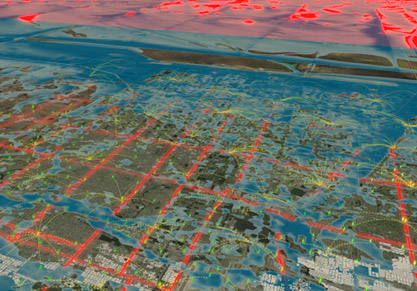
Florida (USA)
The goal of this NOAA project is to analyse possible cascading effects caused by pluvial flooding and to derive resilience indicators for adaptation measures in Broward County. In this project, three CIrcle workshops were organized. CIrcle helped understanding of the vulnerability of critical infrastructures in the area from the experiences of Hurricanes Harvey and Irma as well as recent King Tide events.
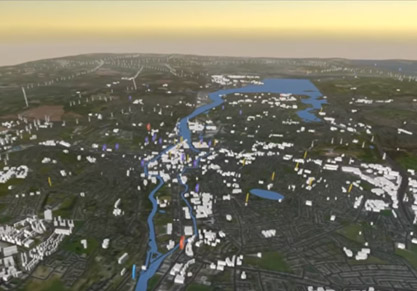
Cork (Ireland)
Recent flood events in Cork, but also elsewhere in Ireland have shown that critical infrastructure (CI) is very vulnerable and that damages to CI elements may affect large areas over a longer period of time. CI may be affected both directly from the flood waters and indirectly through cascading effects from the direct impacts. The storyline approach and CIrcle tool were applied on the Lower Lee catchment in Cork City and its stakeholders in order to obtain insight in the vulnerability of CI for floods in the past, current situation and future.
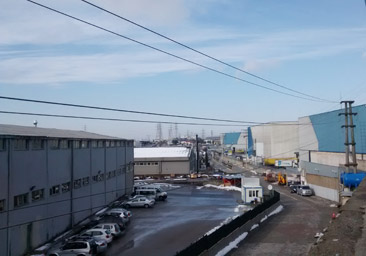
Istanbul (Turkey)
In this case study a pilot is carried out focusing on the impact of multiple natural hazards on lifeline utilities of an organized industrial zone in Istanbul, including energy (electricity and natural gas), transport, water, waste water, drain water, and communication. In terms of hazards, the study covers geological (earthquakes and landslides) and hydro meteorological (hail & storm, flood, extreme temperature, and sea level rise), including changes in normal patterns triggered by climate change. The findings support the development of a Business Continuity Framework that will be used in the organized industrial zone to make the area more resilient in the future.